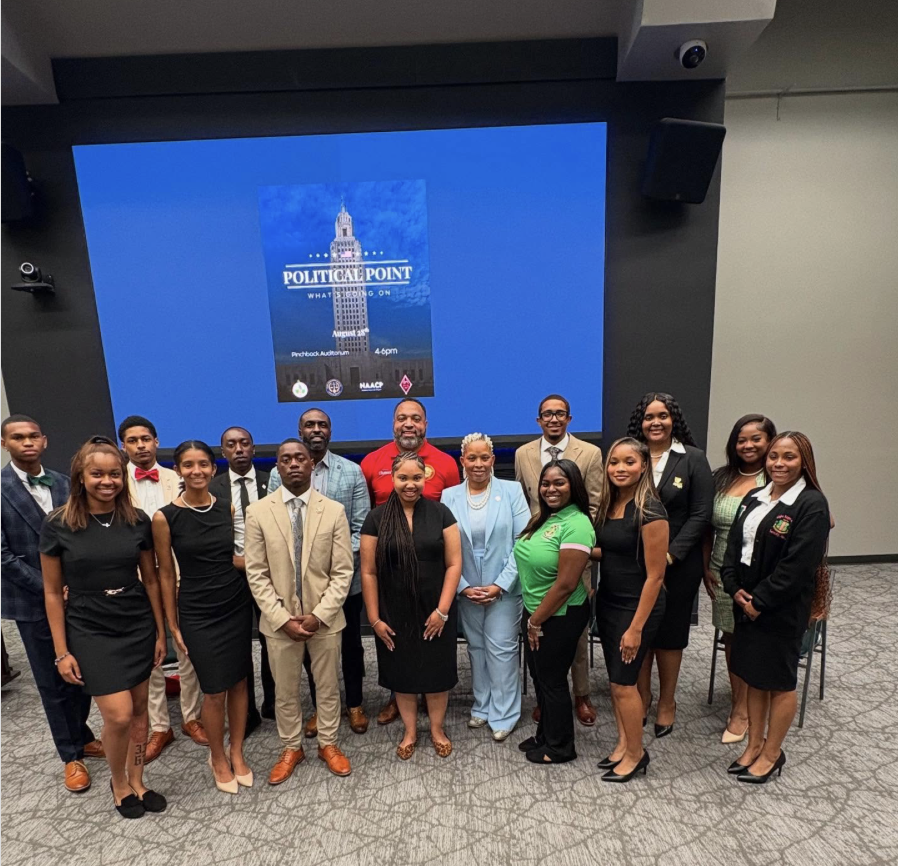On March 7, another important black figure faded away into to Black History. At 83, Gordon Parks, the first black person to direct a film for a major motion picture studio – Warner Brothers’ 1969 film The Learning Tree-died with little fanfare in the black community. For those of us who grew up in the post segregation era, Gordon Roger Alexander Buchannan Parks (b. Nov. 30, 1912) was a man responsible for opening the door for blacks to have careers in photography, journalism and film.
Growing up in segregated, rural Fort Scott, Kan., Parks was the youngest of 15 children.
Sharing closeness with his mother, Parks took her advice and resolved not to let his color, education or economic situation affect his life.
“I had a mother who would not allow me to complain about not accomplishing something because I was black. Her attitude was, ‘If a white boy can do it, then you can do it, too-and do it better, or don’t come home,’ ” said Parks once said in an interview. After his mother died, he dropped out of high school and supported himself by playing piano at a brothel. It was not until he worked as a train porter that Parks became interested in photography when he purchased his first camera, a Voightlander, cost a mere $7.50.
In the early 1940s, Parks worked as a photographer for Vogue and published two photography books, “Flash Photography” (1947) and “Camera Portraits: Techniques” and “Principles of Documentary Portraiture” (1948).
And why is this important? What this man has done is not affecting my life or me, so why should I care?
I care because in 1969, Gordon Parks was the first black man to direct a film for a major motion picture company.
I care because he was the first black man to have a picture featured on the front cover of Life magazine.
I care because he is black, I am black and the career I hope to pursue has had a long history of not only excluding blacks from their ranks, but also our stories.
Although many of us have watched Blaxploitation movies, i.e., Cleopatra Jones, Dolemite and Mandingo, it was Parks who was the director of the 1971 hit movie Shaft staring Richard Rountree that everyone remembers.
Again, why did Gordon Parks’ death receive no fanfare?
Granted, he did not find a cure for cancer or AIDS. He did not end poverty in Africa or get shot nine times and produce a rap album. He took a few pictures, wrote a few books, directed a few movies and wrote a few articles.
Last week, I was visiting New York for a conference and happened to be there during St. Patrick’s Day. Anybody who has been to New York during this time knows what I am talking about. Fifth Avenue is lined with people wearing green and boasting of their Irish heritage. Minus floats, cups, elaborate costumes and beads, the parade feels like your average Mardi Gras parade. Everyone is either drunk, drinking or planning to get drunk. But there was one thing I noticed as I stood on the street and watched men in kilts walk down the street playing bagpipes.
These people have more pride in their heritage in one day than we (black people) do in an entire month! Later that night another editor and I went to a grill for a sandwich. What kind of music was playing? Irish tunes celebrating their heritage.
Although we complain about Black History Month observed during the shortest month in the year, the only thing we seem to accomplish is putting a few Martin Luther King and Rosa Parks posters on the wall while singing the first stanza of “Lift Every Voice and Sing” at the black history program our church holds. And that is only if we attend a black church.
Instead of resolving to do better for Black History Month 2007, let us start today. Google Gordon Parks and read about his life. Go to the library and check out a few of his books. As black people, we cannot let our history, accomplishments and heritage become a distant memory only thought about between Feb 1 to 28.We are more valuable than that.
Categories:
Remember Parks, then you should remember us
March 24, 2006
0
More to Discover





